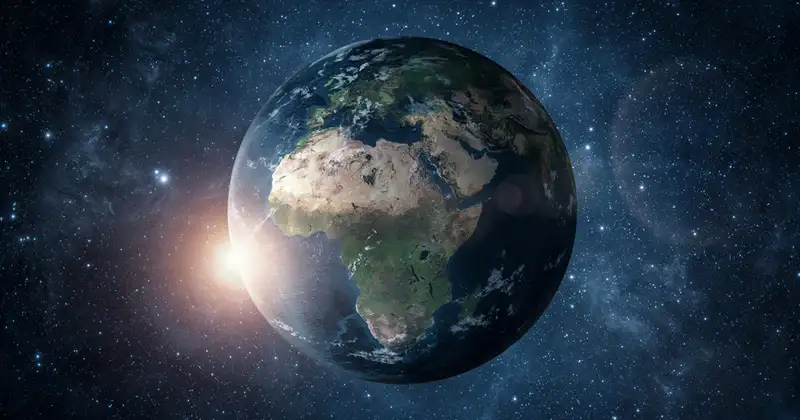
The Ultimate Planet Earth Quiz!
Calling all planet Earth enthusiasts, geography geeks, and science superstars! Ready to embark on a mind-bending journey through our incredible planet? Then buckle up, because the Earth Quiz is here to ignite your curiosity and test your knowledge of all things Earthly!
Forget dry textbooks and dusty lectures. This isn't your average Earth science quiz. We're talking a vibrant, interactive adventure designed to spark your imagination and challenge your brainpower.
What's In the Earth Quiz?
Think you know your volcanoes from your valleys, your oceans from your ozone layer? The Earth Quiz is your chance to prove it! From the scorching depths of the mantle to the dizzying heights of the atmosphere, we'll be quizzing you on everything that makes our planet tick.
But don't worry, even the most seasoned Earthlings might stumble upon a few curveballs. We've crafted questions that will tickle your memory, twist your logic, and maybe even leave you muttering, "Wow, I never knew that!"
So, What's Special About the Earth?
Earth isn't just a big blue marble floating through space; it's the cradle of life, a vibrant tapestry of ecosystems, and the source of our every breath. We're not just inhabitants, but intricate threads woven into its very fabric.
- It's the only known home for life: From soaring mountains to shimmering coral reefs, Earth teems with an incredible diversity of life, all intricately linked in a delicate web. Understanding Earth is understanding the very foundation of our existence.
- It shapes our history and future: From the rise and fall of civilizations to the challenges of climate change, Earth's story is intertwined with our own. Learning about its past and present empowers us to shape a sustainable future.
- It's a source of endless wonder and beauty: From the breathtaking landscapes to the mind-boggling mysteries hidden beneath the surface, Earth is a constant source of awe and inspiration. Studying it feeds our curiosity and fuels our imagination.
Protecting Earth isn't just a responsibility, it's an investment in our own well-being. Understanding its delicate systems empowers us to make informed choices, tackle environmental challenges, and ensure a thriving planet for generations to come.
The Benefits of Learning About Earth
Earth science isn't just about memorizing facts and figures; it's a gateway to a deeper understanding of the world around us. Here's how learning about Earth can enrich your life:
- Boosts critical thinking skills: Unraveling Earth's mysteries requires you to analyze data, draw connections, and think critically. These skills go beyond the classroom, helping you navigate complex issues in everyday life.
- Ignites a love for learning: Earth is a treasure trove of fascinating stories, from the formation of continents to the evolution of life. Learning about it sparks curiosity, encourages exploration, and fuels a lifelong love for knowledge.
- Empowers you to make a difference: Understanding climate change, natural disasters, and resource management equips you to make informed decisions and advocate for a sustainable future. Every action, big or small, contributes to the health of our planet.
- Connects you to a global community: Earth is a shared home, and studying it transcends borders and cultures. You'll connect with like-minded individuals passionate about our planet, fostering a sense of global citizenship.
So, open your mind, grab your magnifying glass, and embark on your own Earth-inspired journey of discovery. The rewards are endless, and the possibilities, quite frankly, out of this world!
Fun Facts About Earth
Ready to have your mind blown? Earth is a planet brimming with surprises, and we've got a few jaw-dropping facts to pique your curiosity:
- The Earth spins at 1,670 kilometers per hour at the equator, fast enough to throw you off if you suddenly stopped!
- The deepest point on Earth, the Mariana Trench, is more than 11 kilometers deep, deeper than Mount Everest is tall!
- Earth has a giant magnetic field that protects us from harmful solar radiation, like a giant invisible shield!
- There's more water on Earth than all the other planets in our solar system combined!
- The continents are constantly moving, on a journey that began hundreds of millions of years ago!
These are just a taste of the endless wonder that awaits you in the world of Earth science. So, what are you waiting for? Dive into the Earth Quiz and let your curiosity be your guide!
Take the Earth Quiz Now!
The Earth Quiz isn't about bragging rights or proving your scientific prowess (although, hey, a little friendly competition never hurt anyone!). It's about celebrating the sheer wonder and complexity of our planet. Whether you're a seasoned geologist or a curious newcomer, there's something for everyone in this dynamic quiz.
So, what are you waiting for? Grab your favorite mug of tea (or maybe a bubbling volcano-inspired cocktail!), settle in, and let the Earth Quiz whisk you away on a voyage of discovery. You might just surprise yourself with the hidden depths of your Earthly knowledge.
Think you've got the chops to conquer this Earthly challenge? Click the button below and let the adventure begin! Remember, there's no pressure, just pure fun and learning. So, take a deep breath, channel your inner explorer, and get ready to rock the Earth Quiz!
Enjoy Quizly? Upgrade to Premium for an ad-free experience and exclusive features.
Get PremiumPlanet Earth Quiz Questions
Sharpen your mind for the first question! What is the largest continent on Earth?
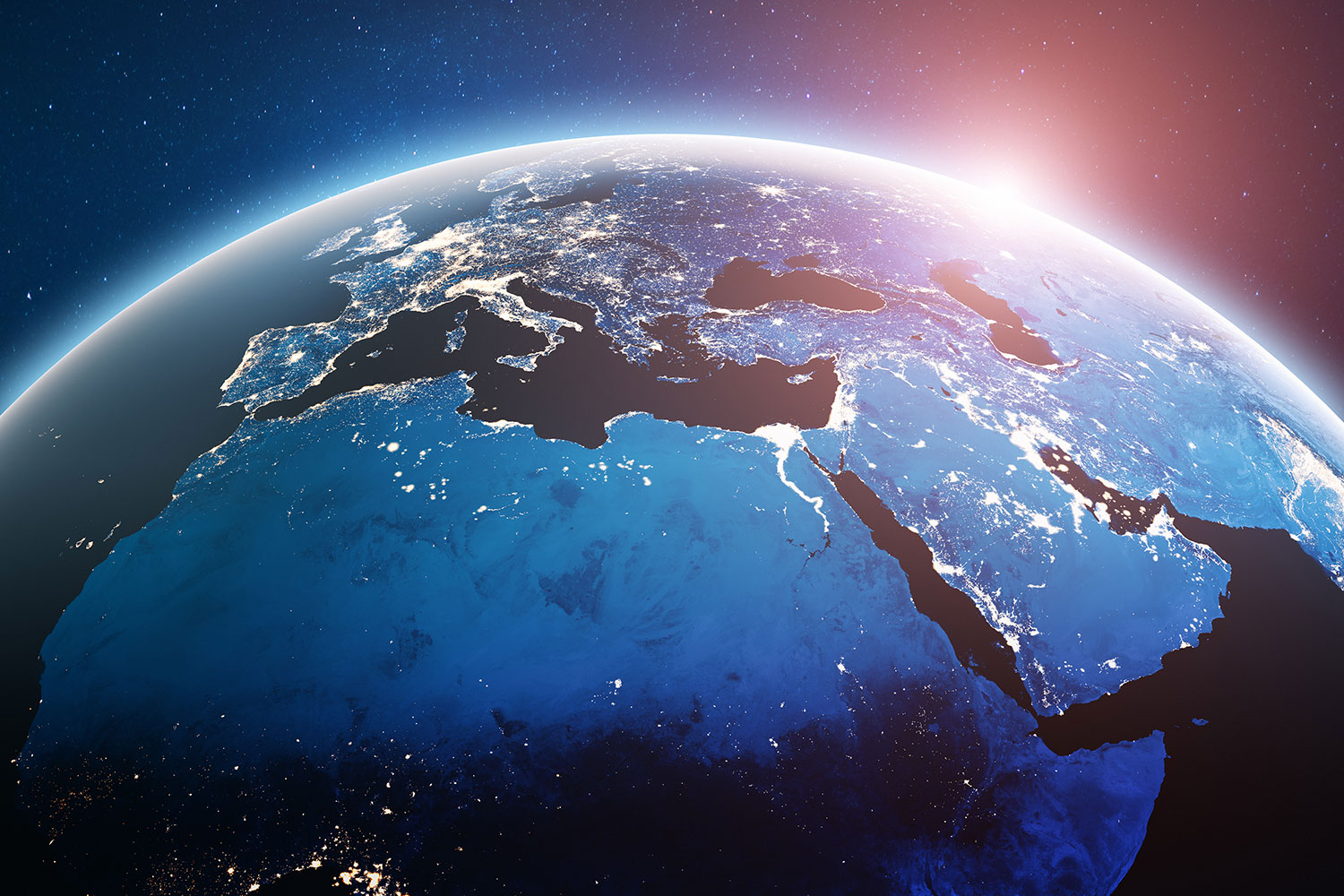
Europe
Asia
Africa
North America
What is the world's largest ocean?

Atlantic Ocean
Pacific Ocean
Indian Ocean
Arctic Ocean
What is the deepest known part of the Earth's oceans?
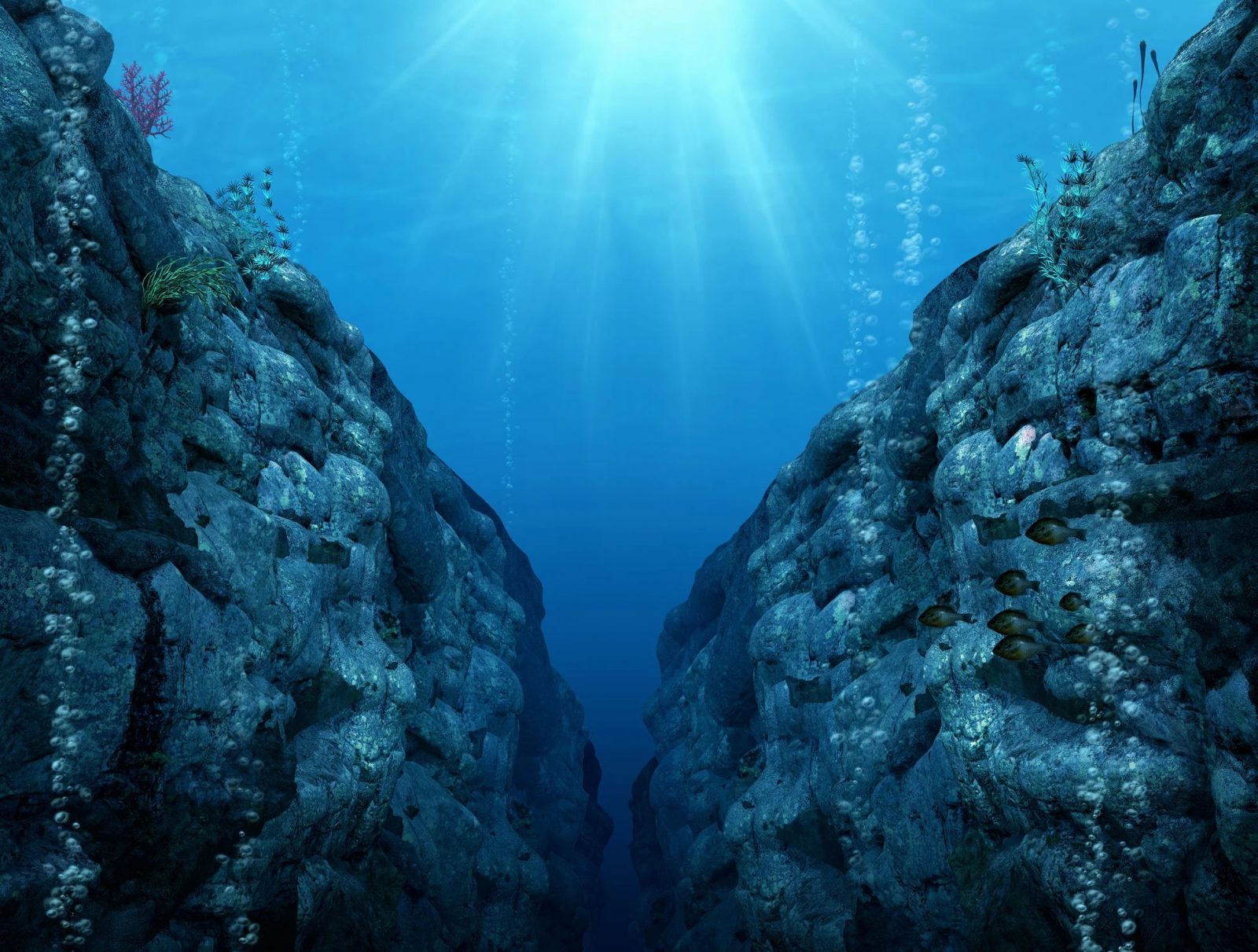
Java Trench
Puerto Rico Trench
Mariana Trench
Sunda Trench
What is the world's longest river?

Nile River
Mississippi River
Amazon River
Yangtze River
What is the Earth's largest desert?

Sahara Desert
Antarctica
Arabian Desert
Gobi Desert
What is the highest mountain on Earth?
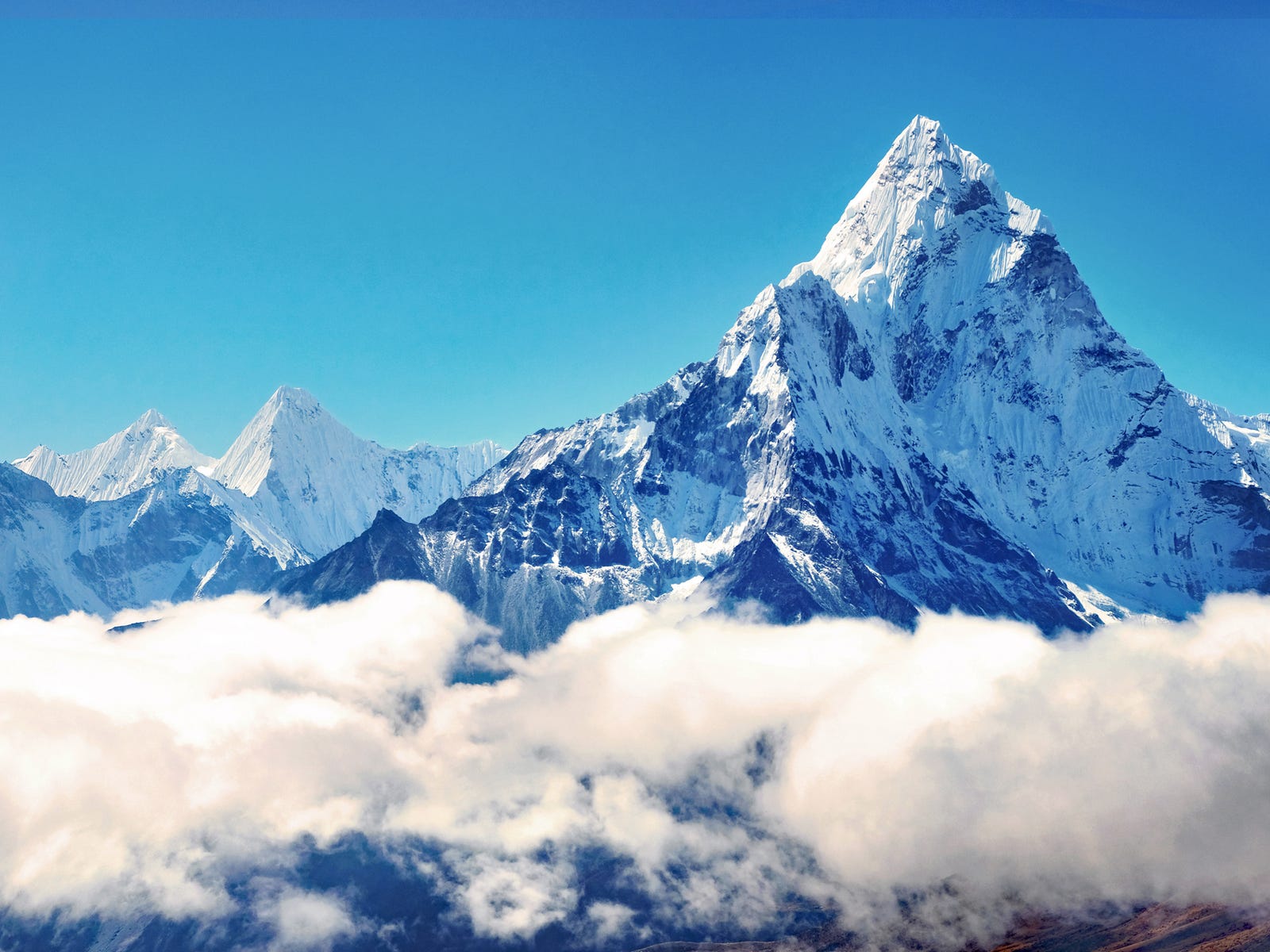
Mount Everest
K2
Vinicunca
Mount Kilimanjaro
What is the Earth's largest active volcano?
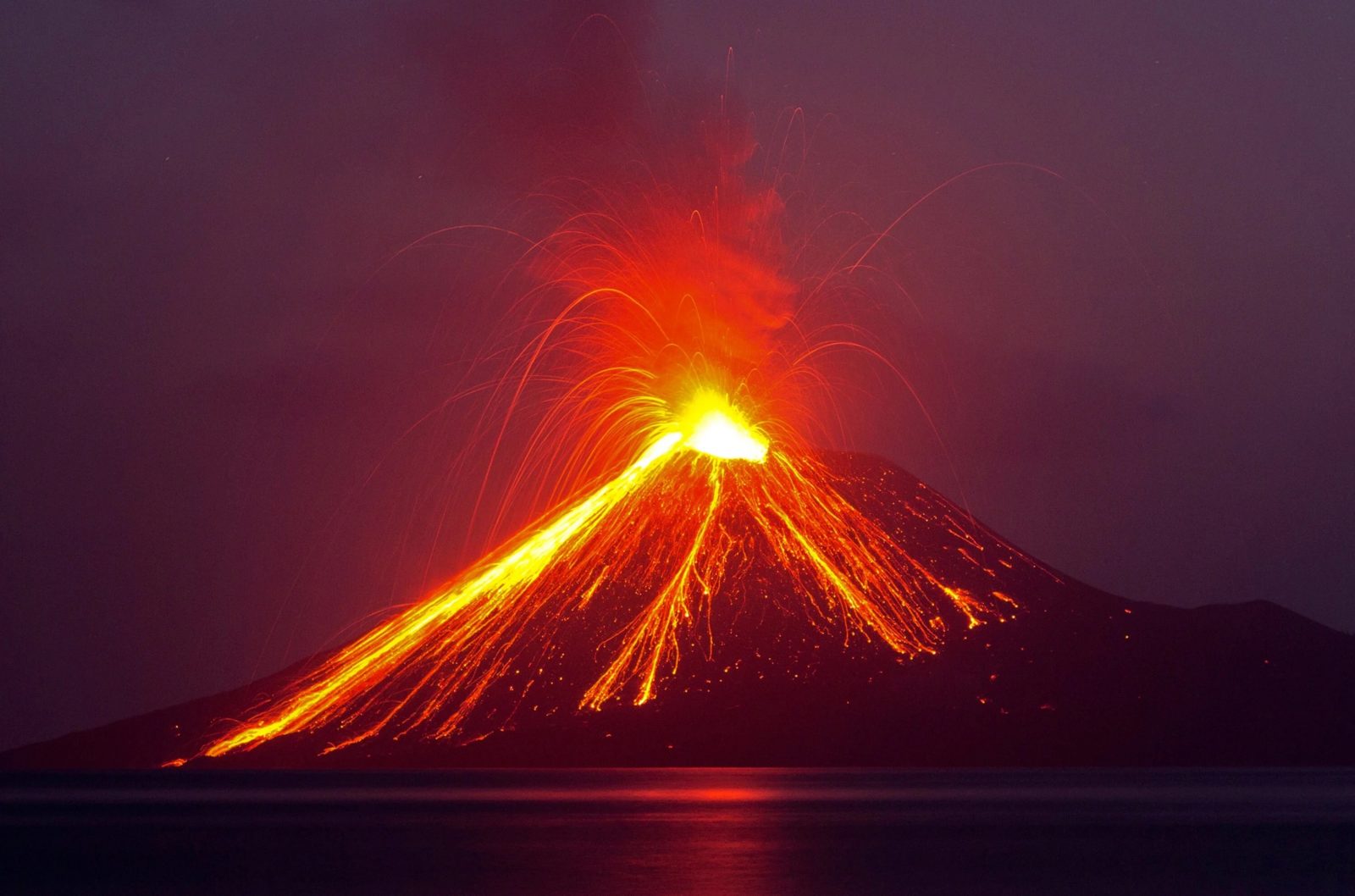
Mauna Loa
Mount St. Helens
Mount Fuji
Mount Vesuvius
Which layer of Earth is the thinnest and made up of two types: continental and oceanic?
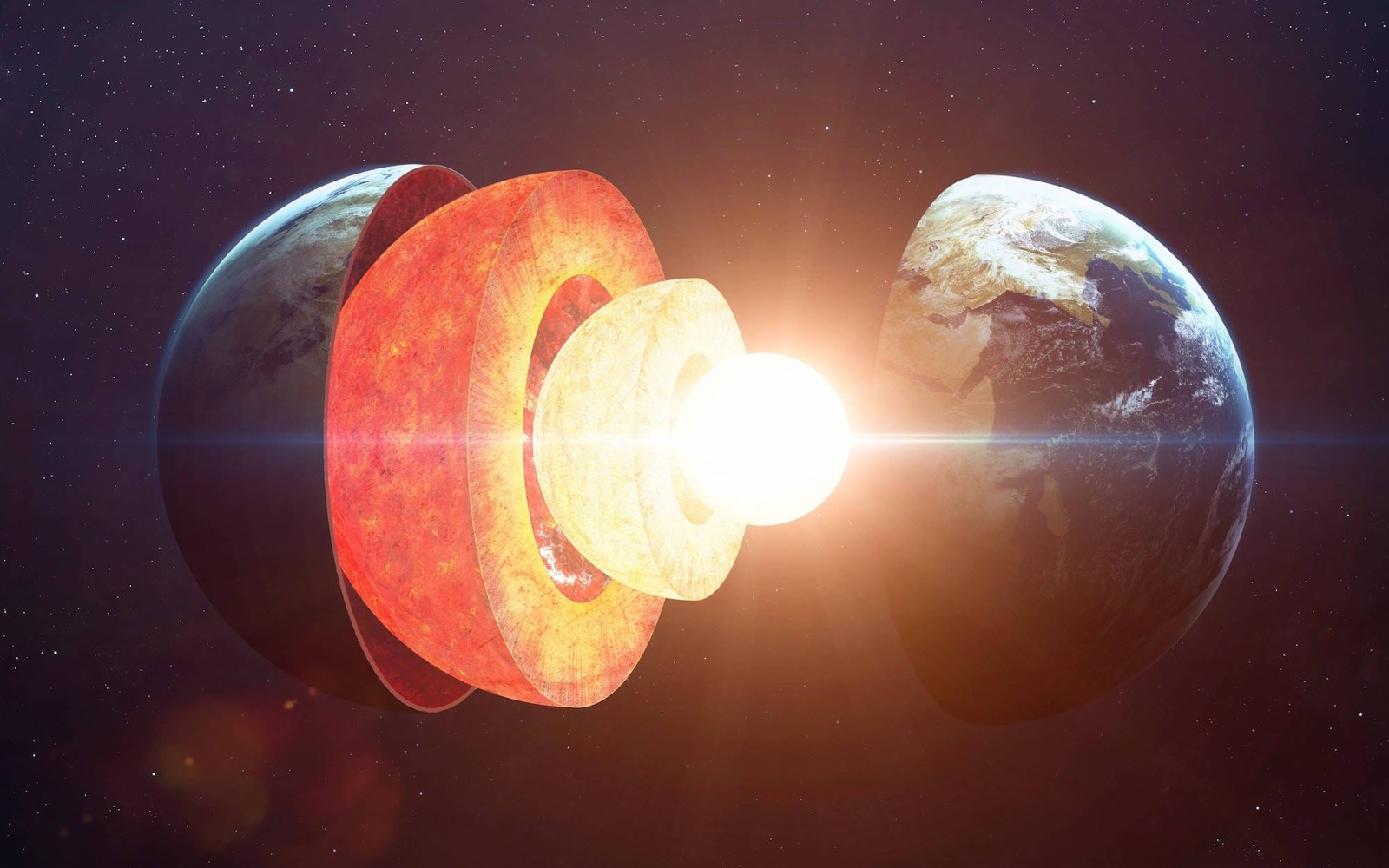
Mantle
Atmosphere
Crust
Core
What is the Earth's core primarily composed of?
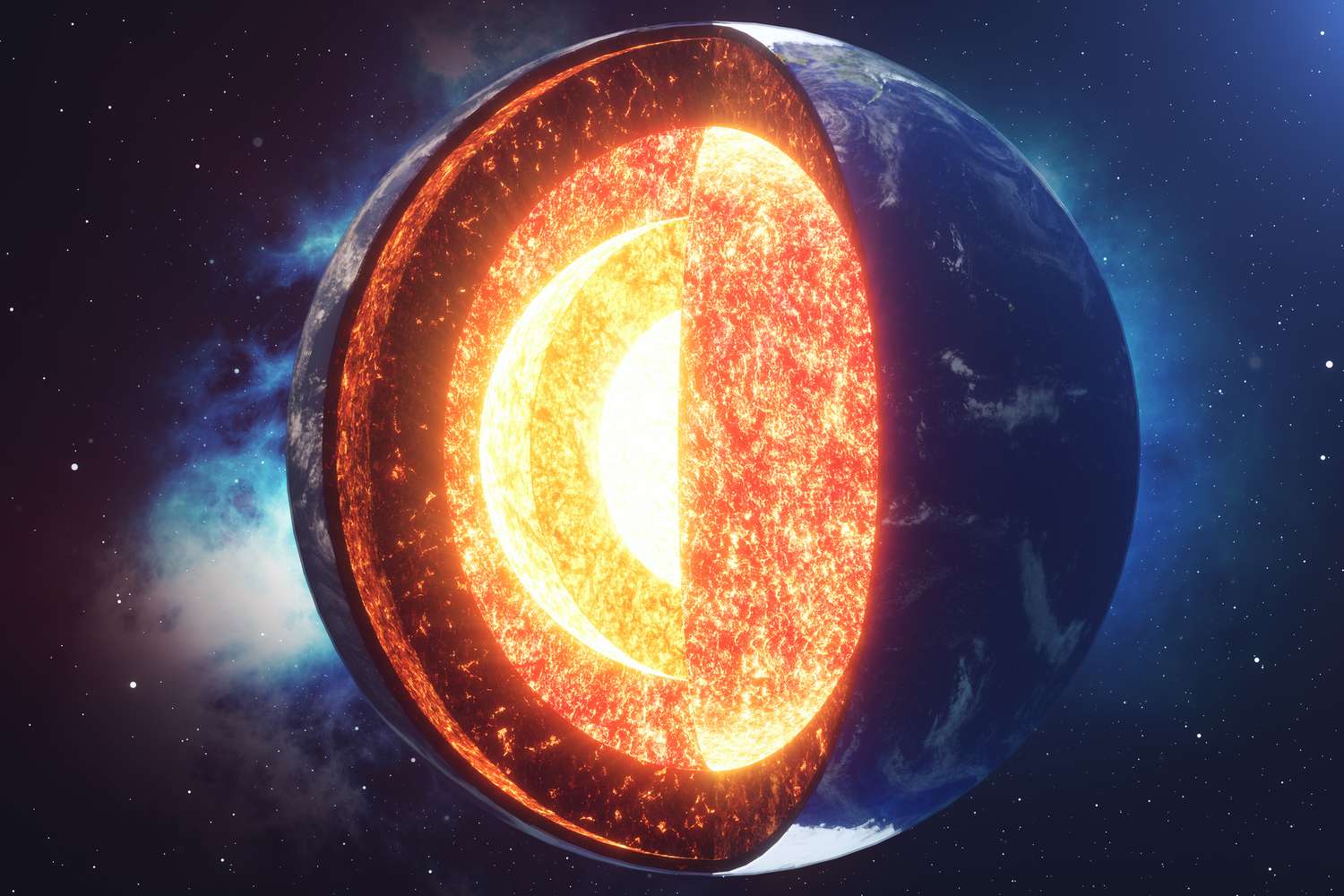
Silicon and oxygen
Gold and silver
Iron and nickel
Aluminum and copper
What is the Earth's approximate circumference at the equator?

50,000 miles (80,467 kilometers)
30,000 miles (48,280 kilometers)
24,901 miles (40,075 kilometers)
64,000 miles (102,998 kilometers)
What percentage of the Earth's surface is covered by water?
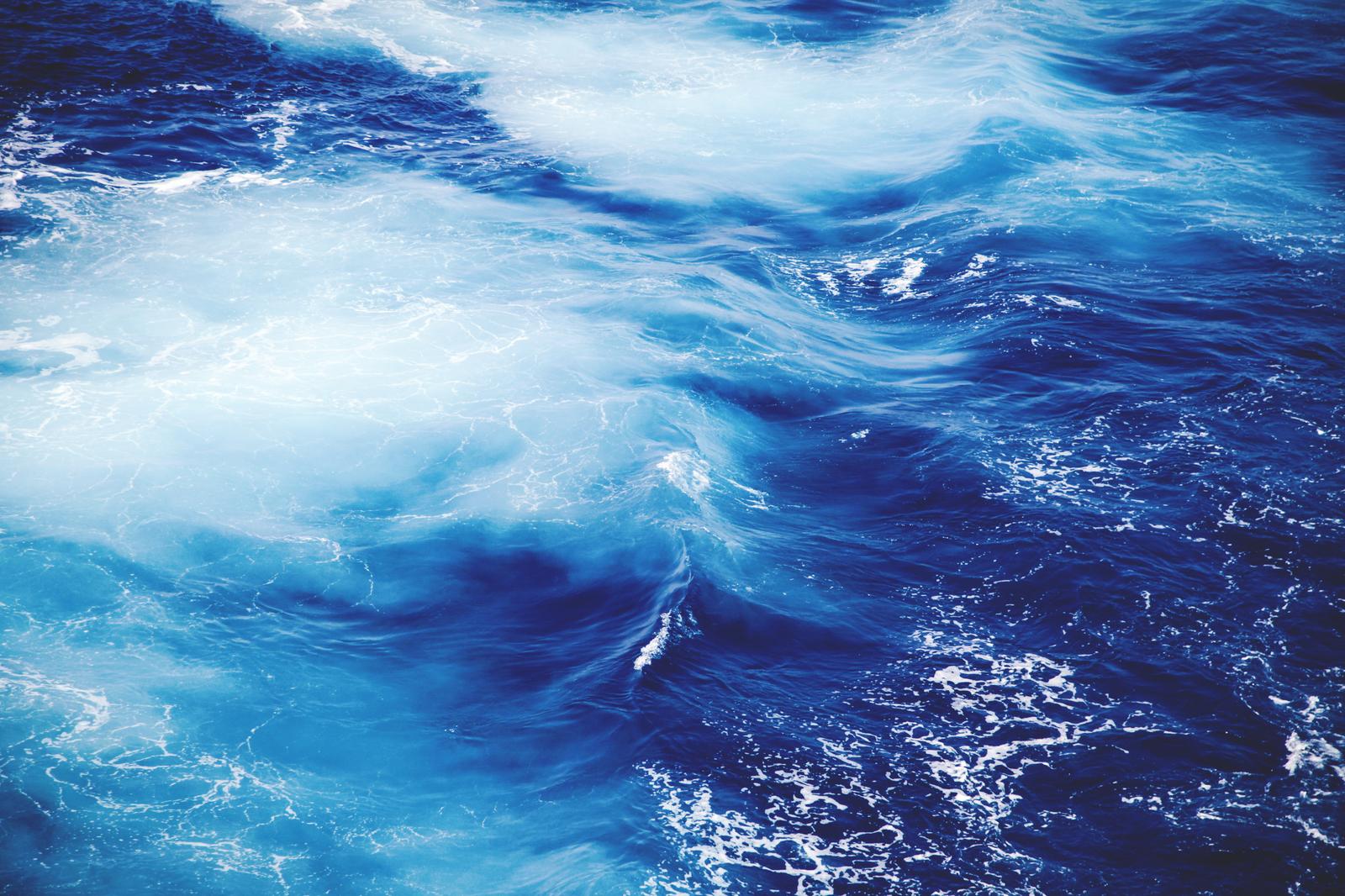
60%
71%
50%
85%
What is the process of the Earth's plates shifting and moving called?
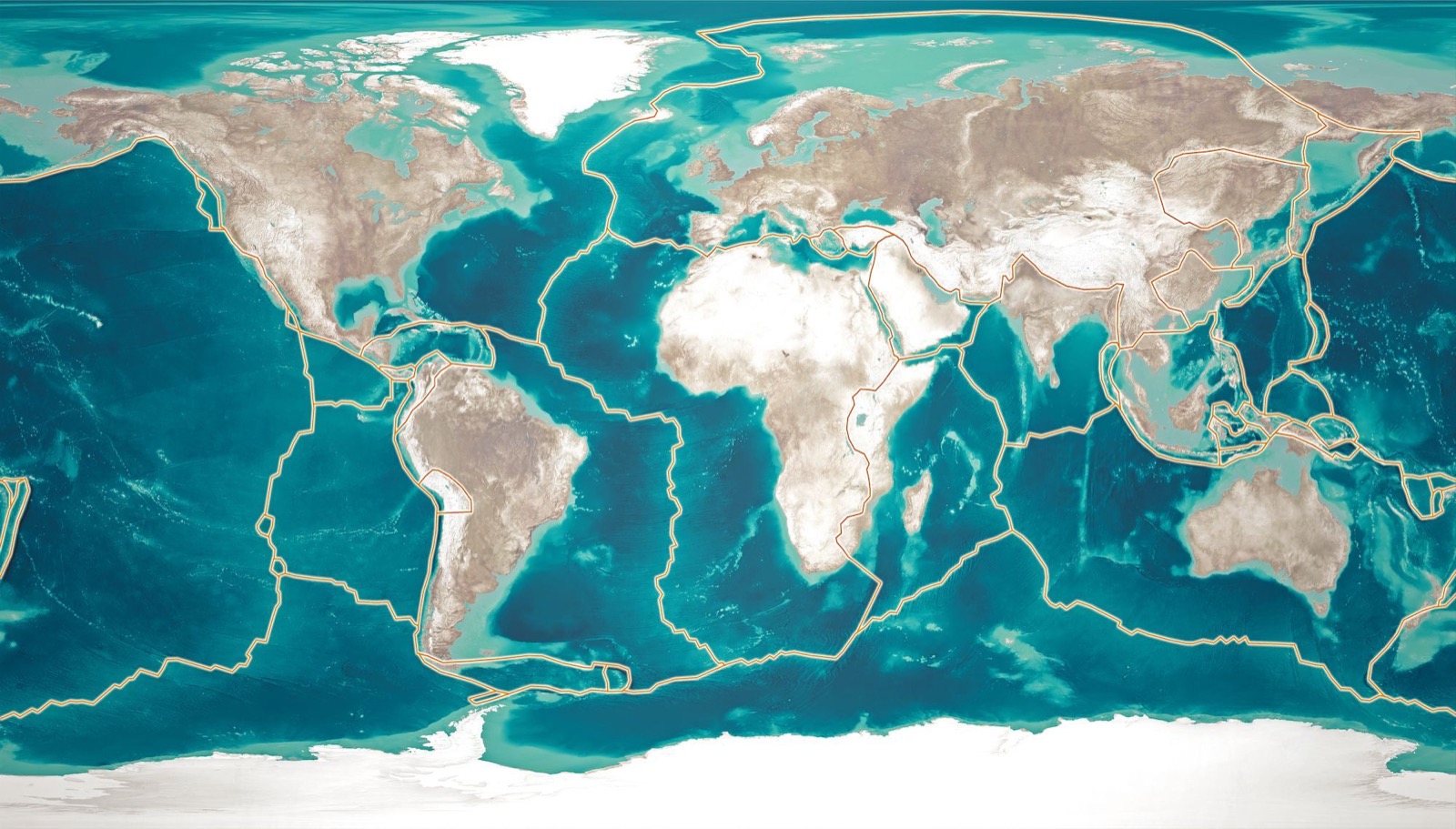
Volcanism
Plate tectonics
Glaciation
Erosion
What causes the Earth's seasons?

Tilt of the Earth's axis
Distance from the Sun
Eccentricity of Earth's orbit
Rotation speed
In which layer of the Earth's atmosphere do most weather phenomena occur?

Troposphere
Thermosphere
Stratosphere
Mesosphere
Which gas is the most abundant in Earth's atmosphere by volume?
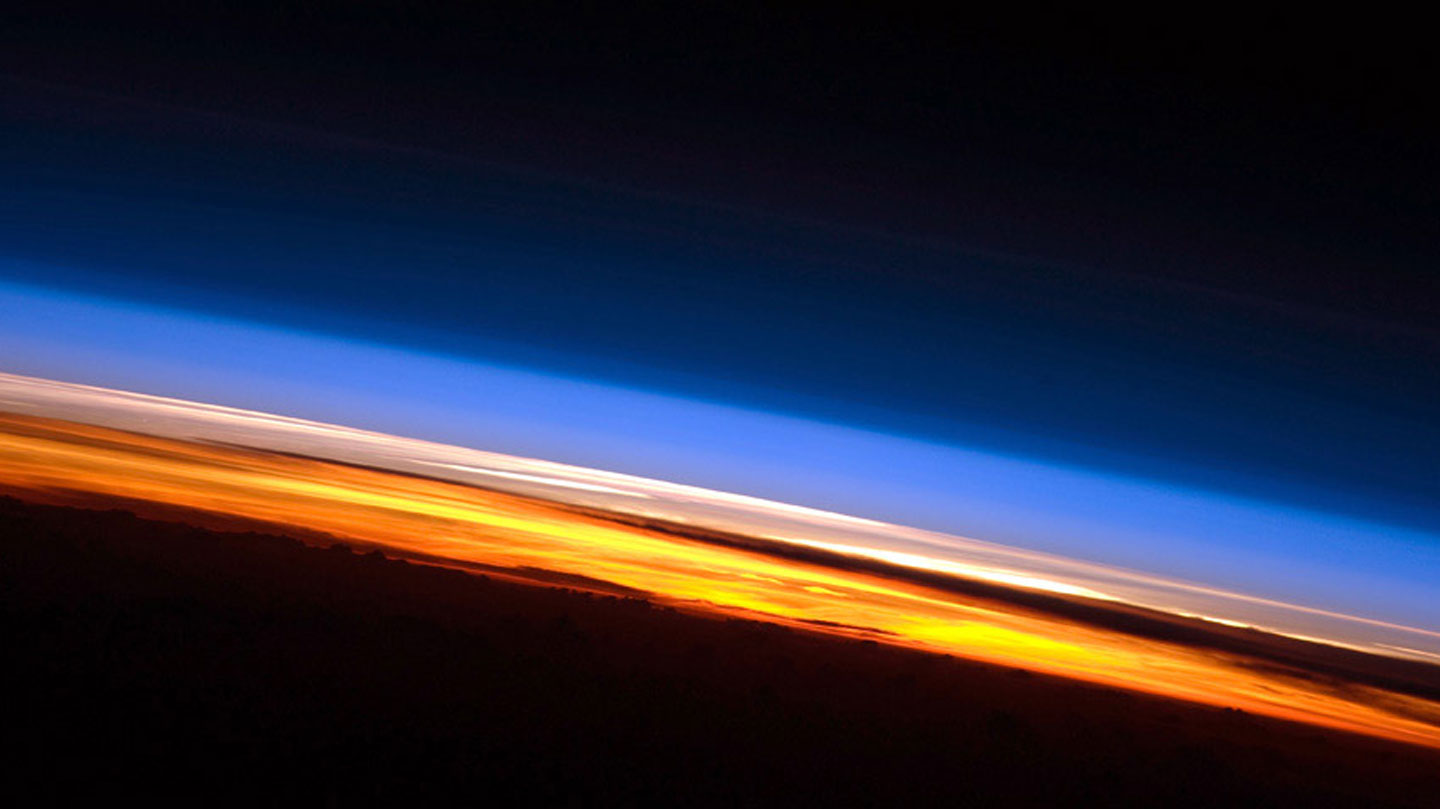
Oxygen
Carbon dioxide
Argon
Nitrogen
Which gas is responsible for the ozone layer in Earth's atmosphere?
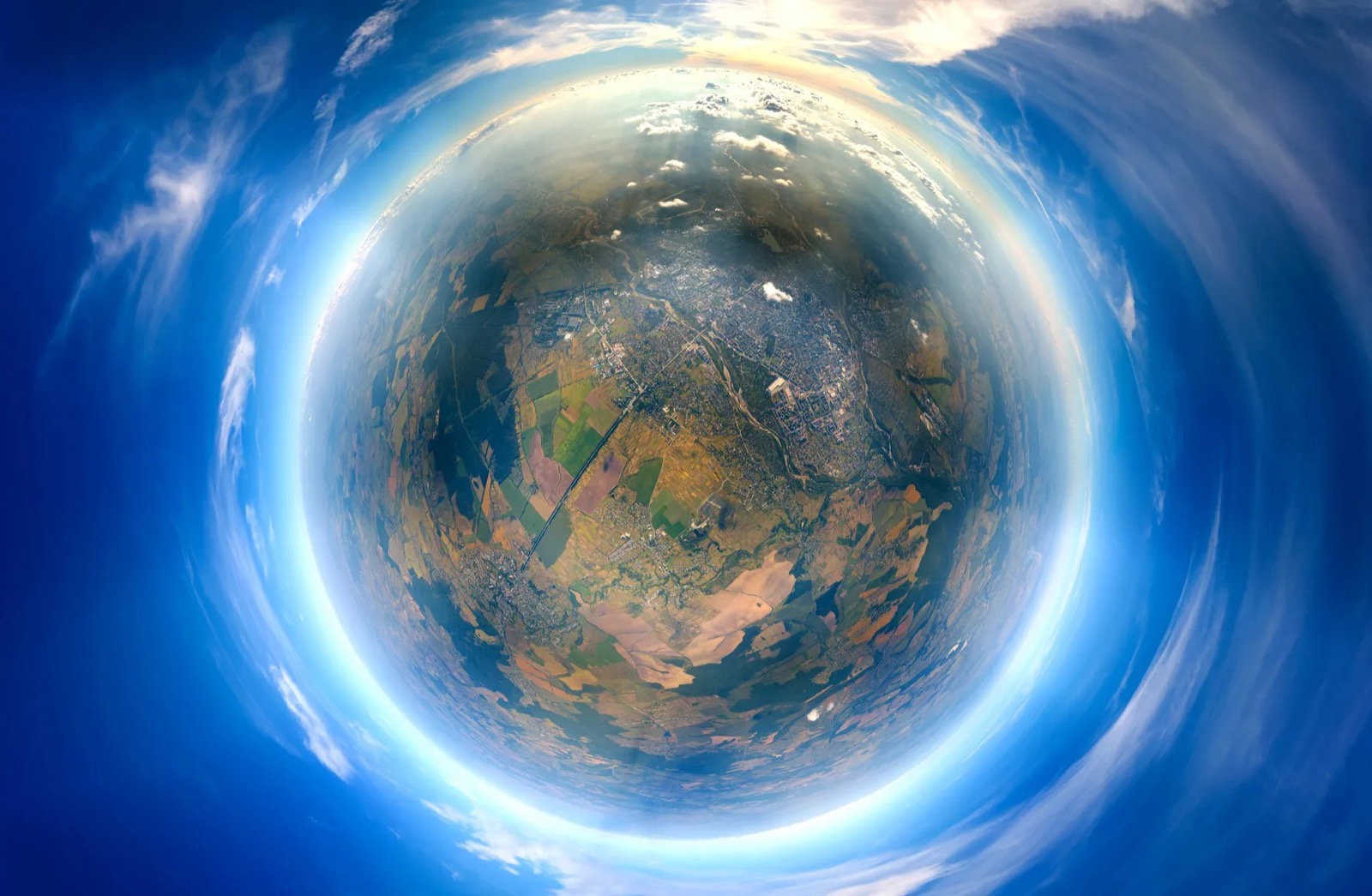
Carbon dioxide (CO2)
Methane (CH4)
Hydrogen (H2)
Ozone (O3)
What is the name of Earth's natural satellite?

Venus
Mars
Moon
Jupiter
What planet is regarded as the Earth's twin in the solar system?
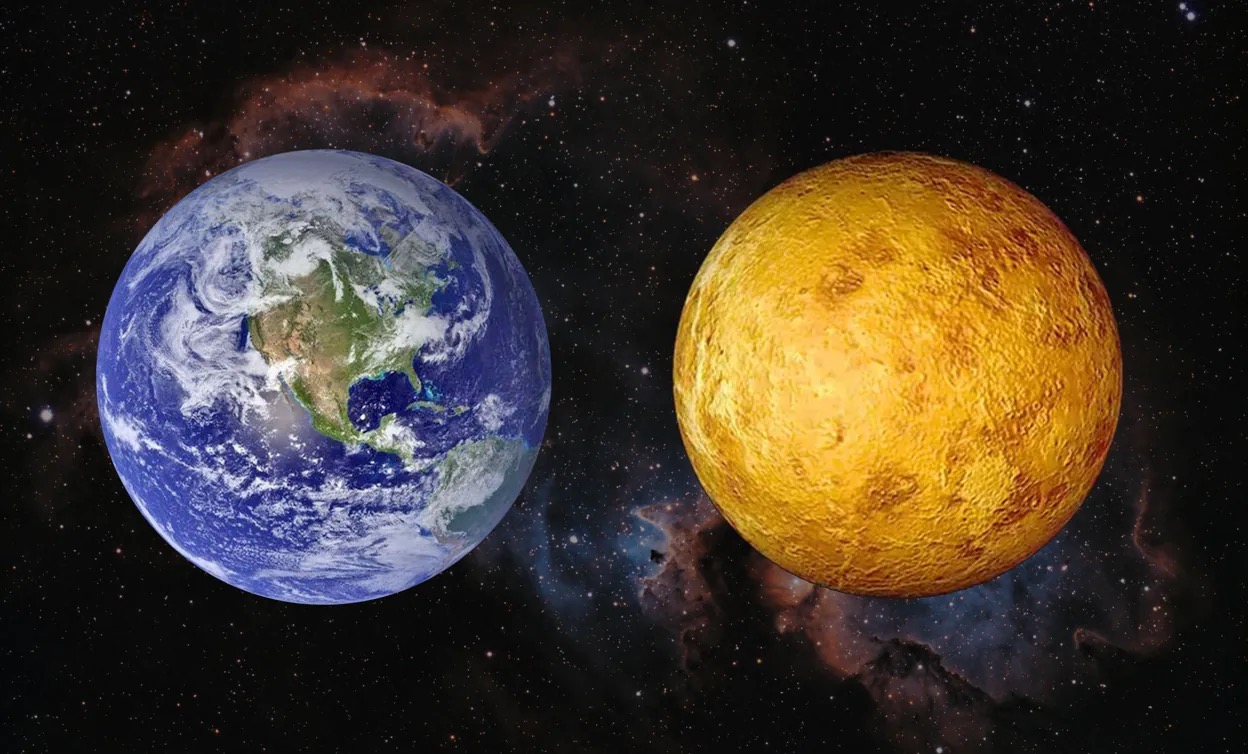
Venus
Jupiter
Mercury
Mars
What is the Earth's average distance from the Sun in miles (approximately)?
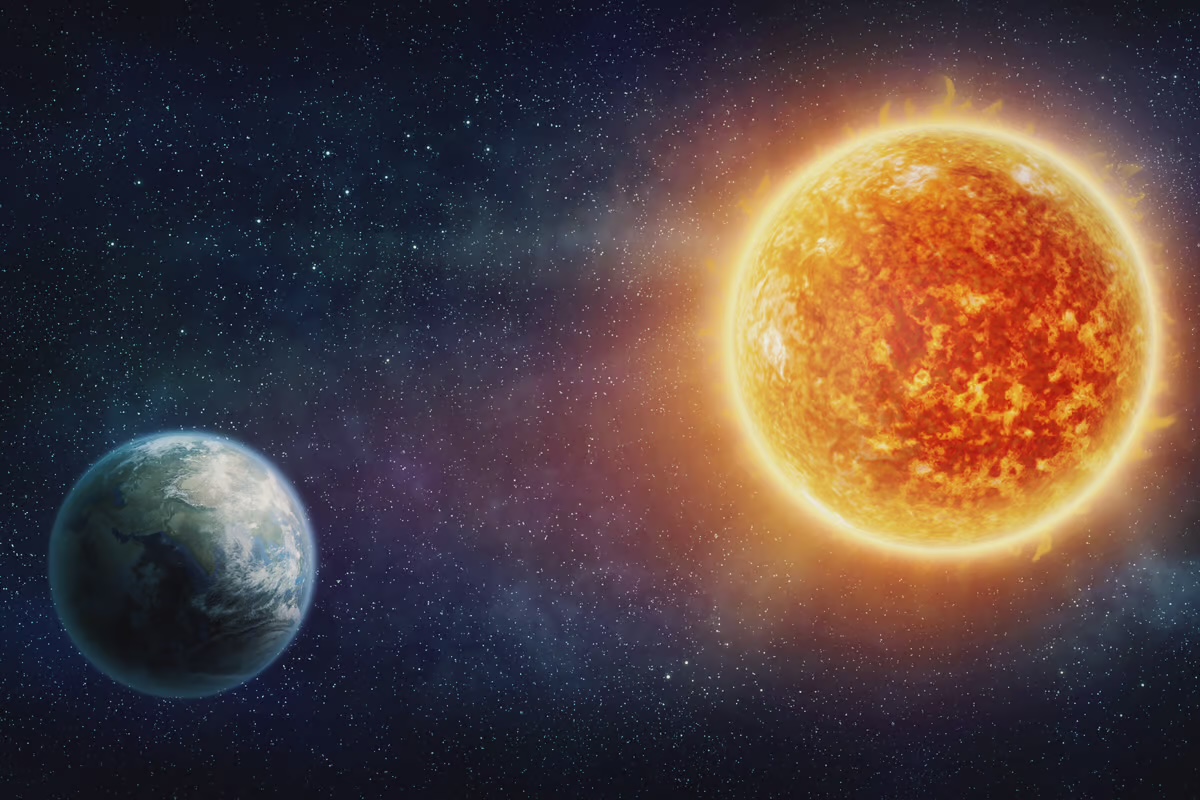
75 million miles
93 million miles
120 million miles
50 million miles
In the solar system, Earth is the ___ planet from the Sun.
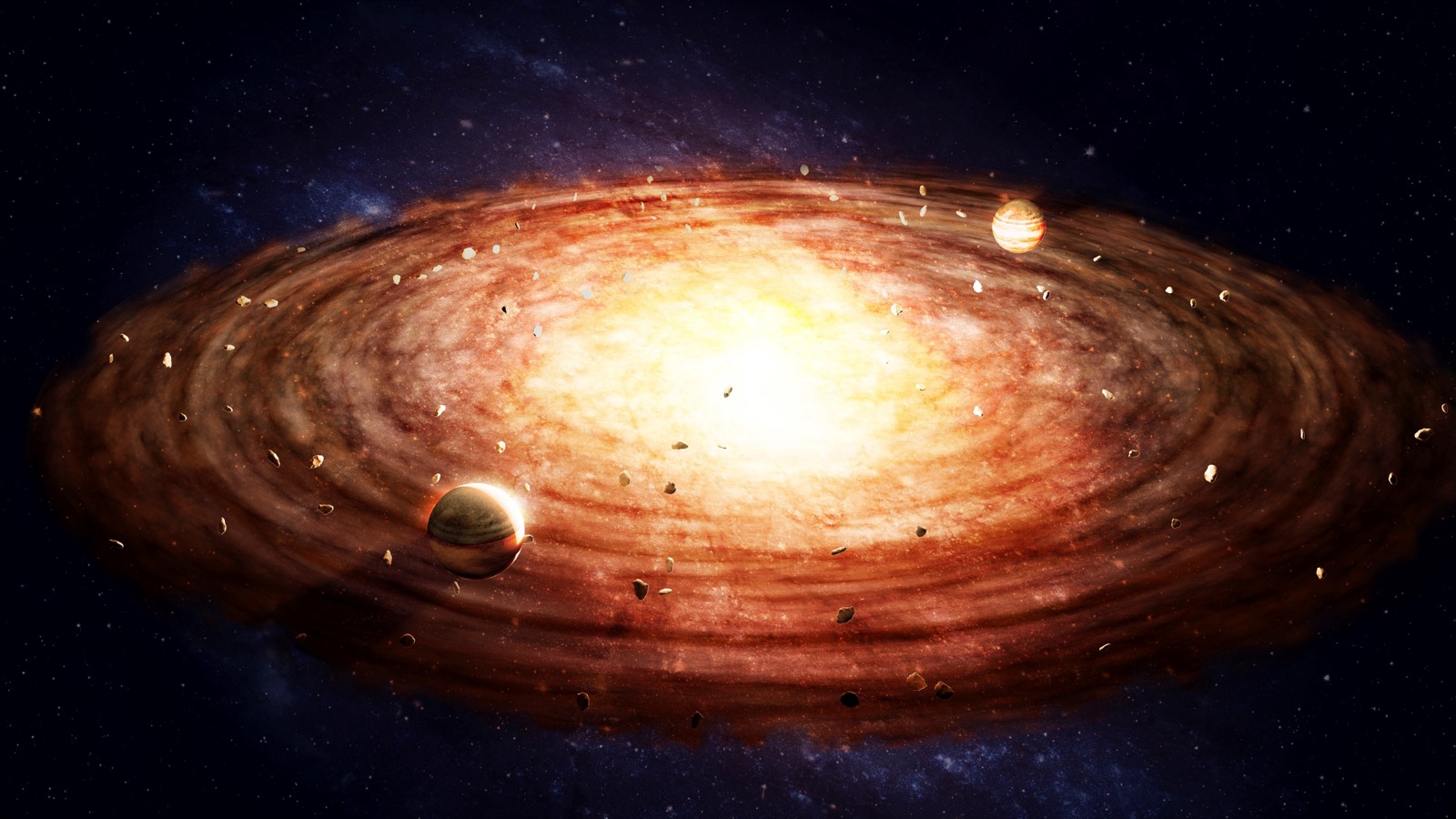
Eleventh
Eighth
Tenth
Third
What is the approximate value of the acceleration due to gravity on the surface of Earth?
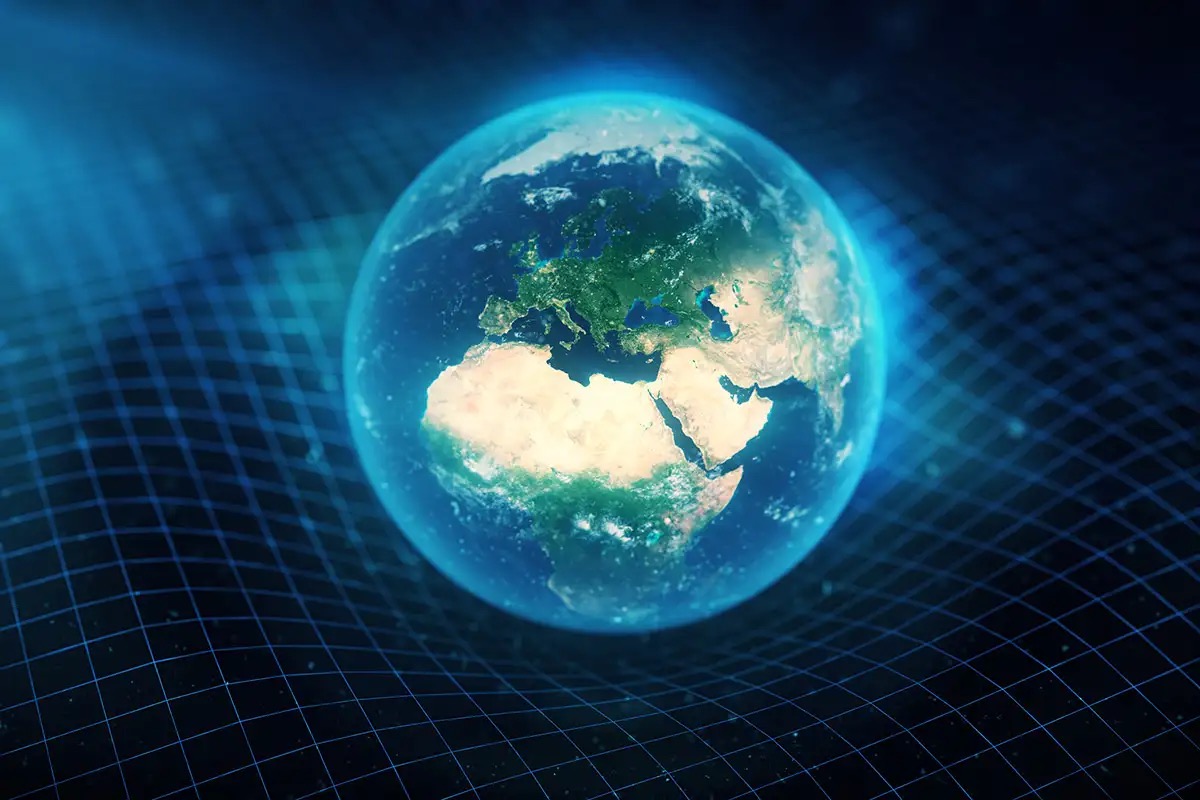
12.5 m/s²
9.81 m/s²
6.62 m/s²
5.0 m/s²
In what layer of the Earth's atmosphere do meteors burn up upon entry?
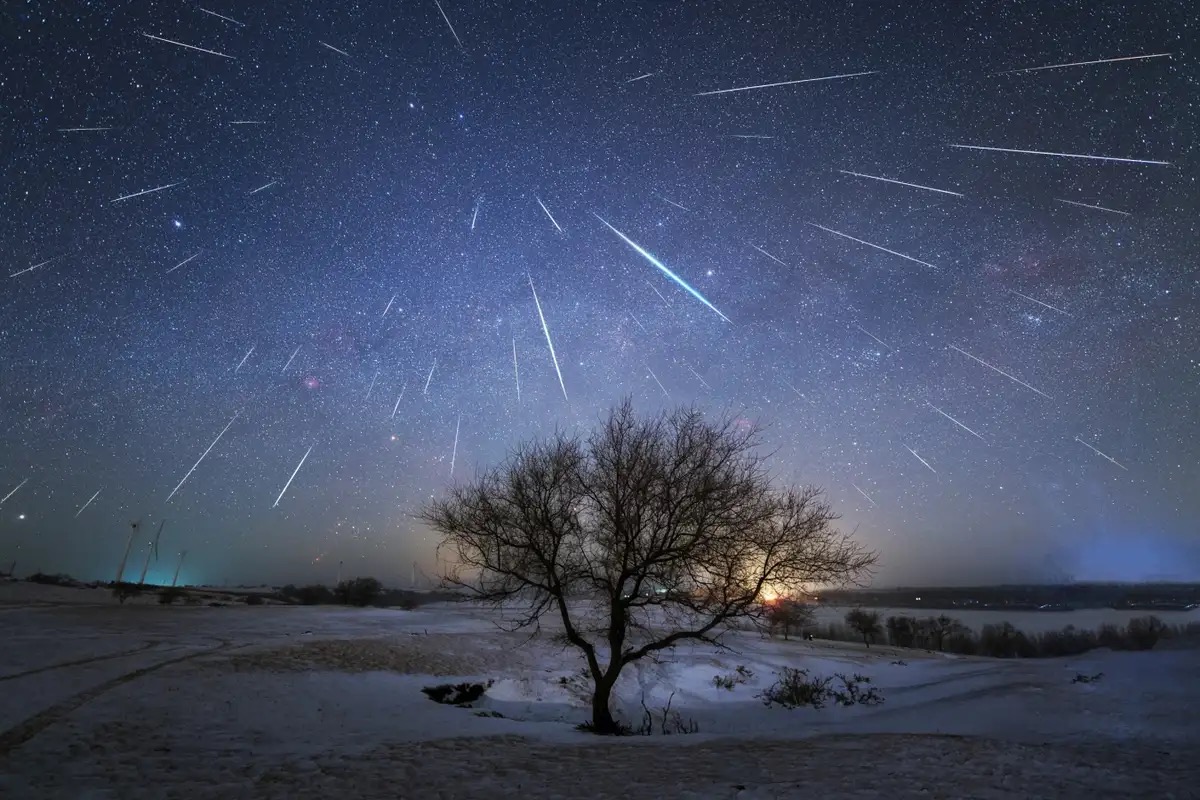
Mesosphere
Exosphere
Thermosphere
Stratosphere
Approximately how old is the Earth according to current scientific estimates?
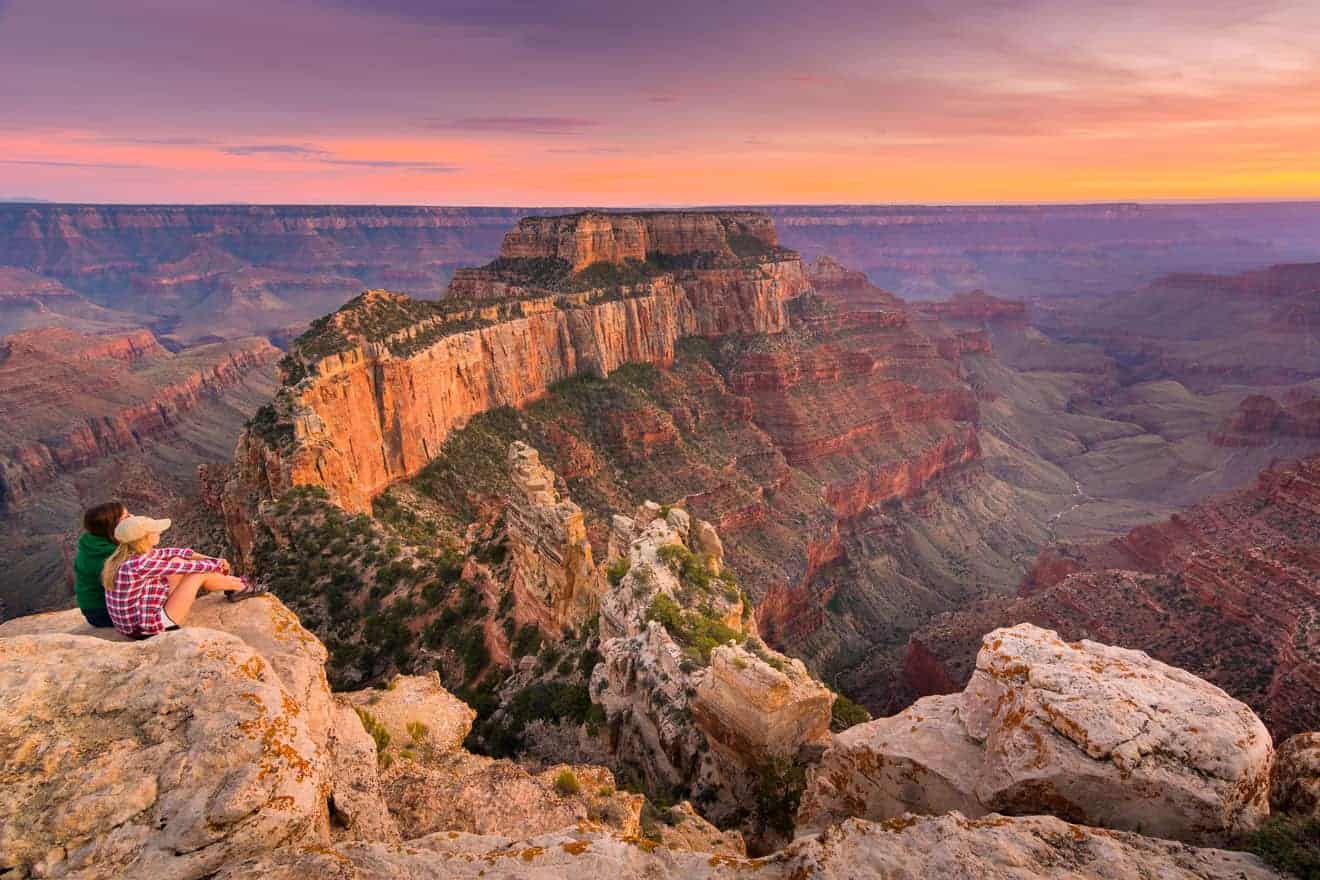
4.5 billion years
1 billion years
2.5 billion years
6.5 billion years
The end is approaching! What is the name of the supercontinent that existed around 335 million years ago, before breaking apart into the continents we have today?
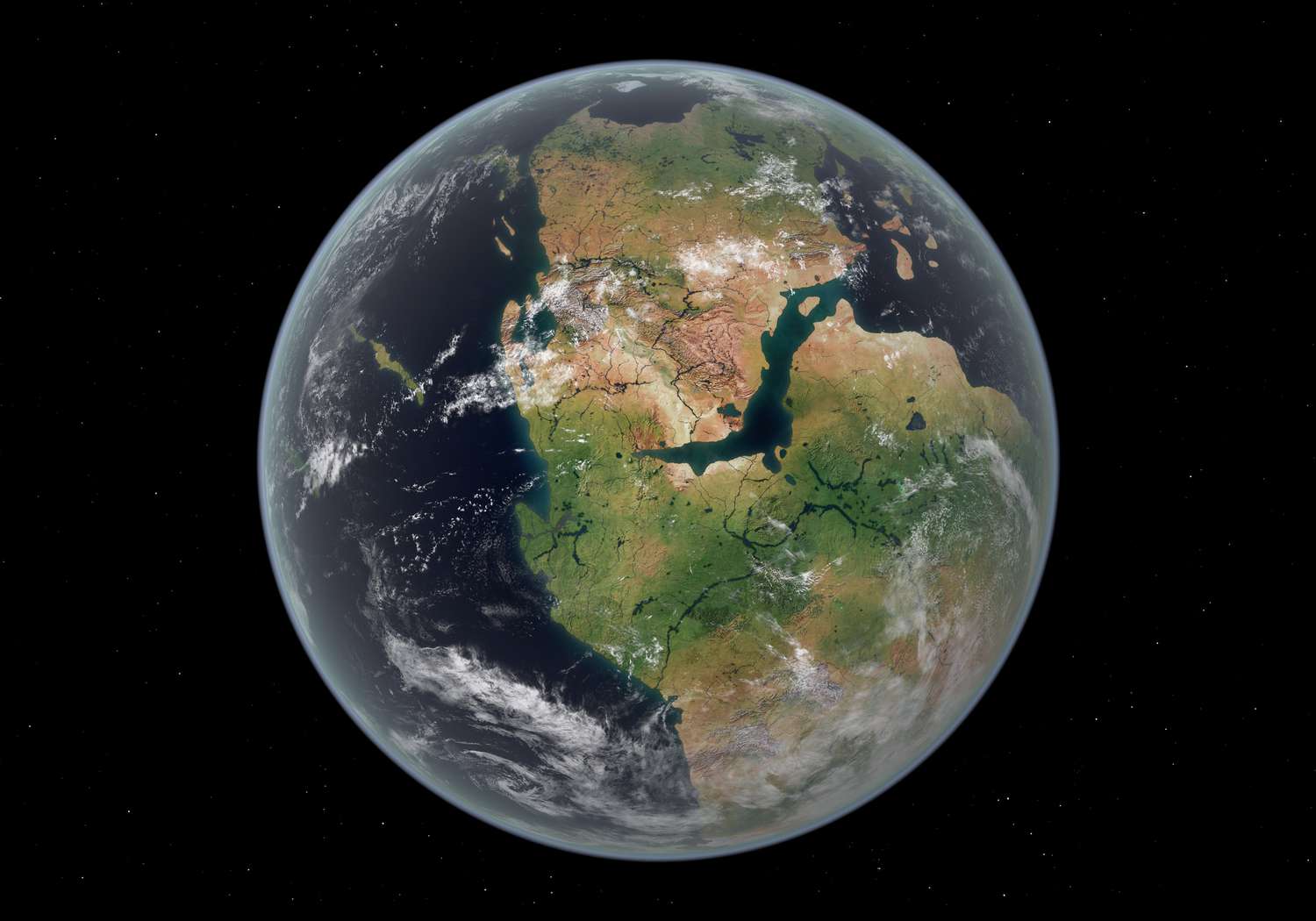
Laurasia
Pangaea
Rodinia
Gondwana
What gas was NOT present in significant amounts in Earth's early atmosphere but became abundant due to photosynthesizing organisms?
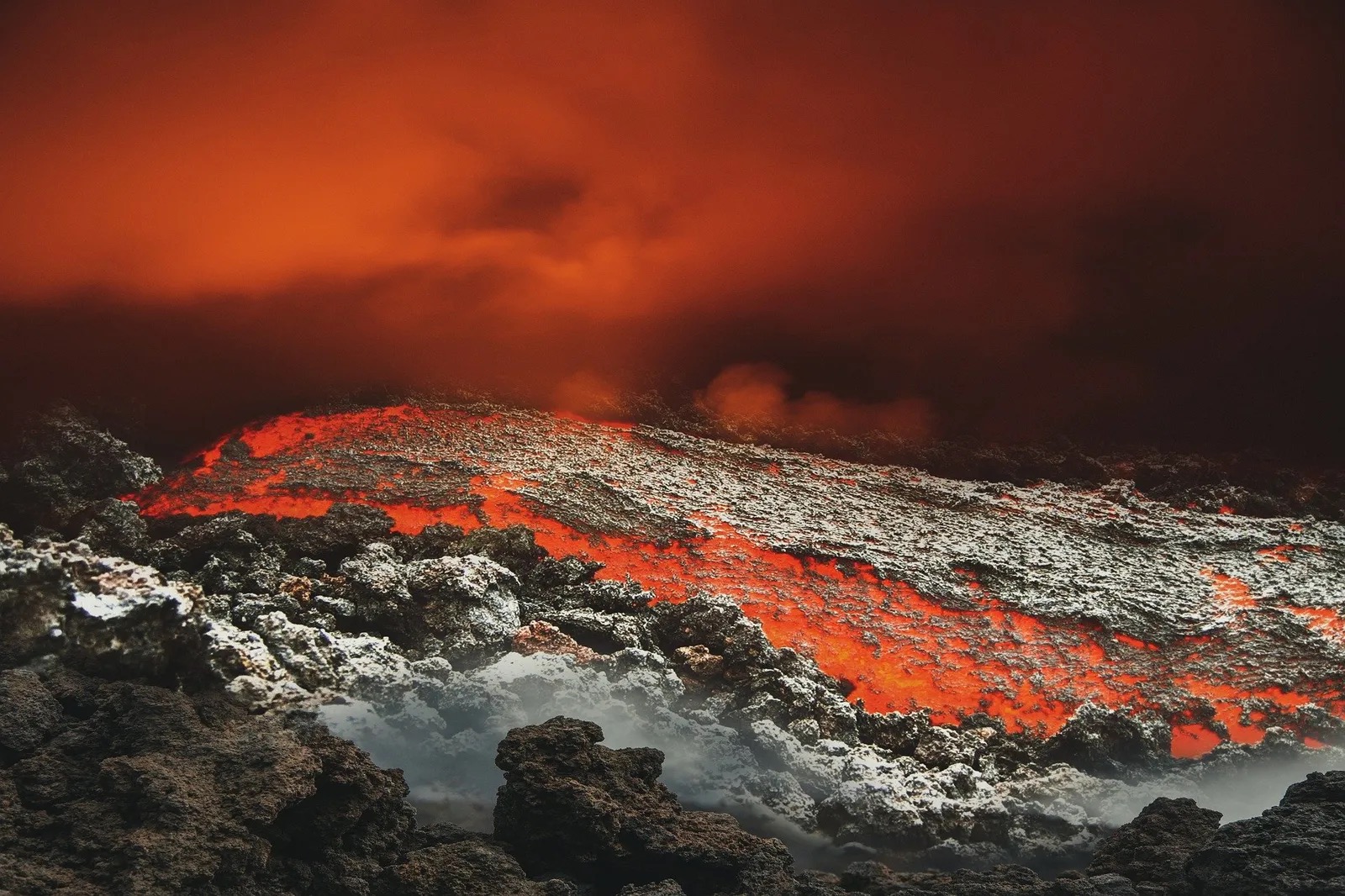
Nitrogen
Oxygen
Carbon dioxide
Methane
Here's the final one: what geologic eon do scientists believe we are currently in?
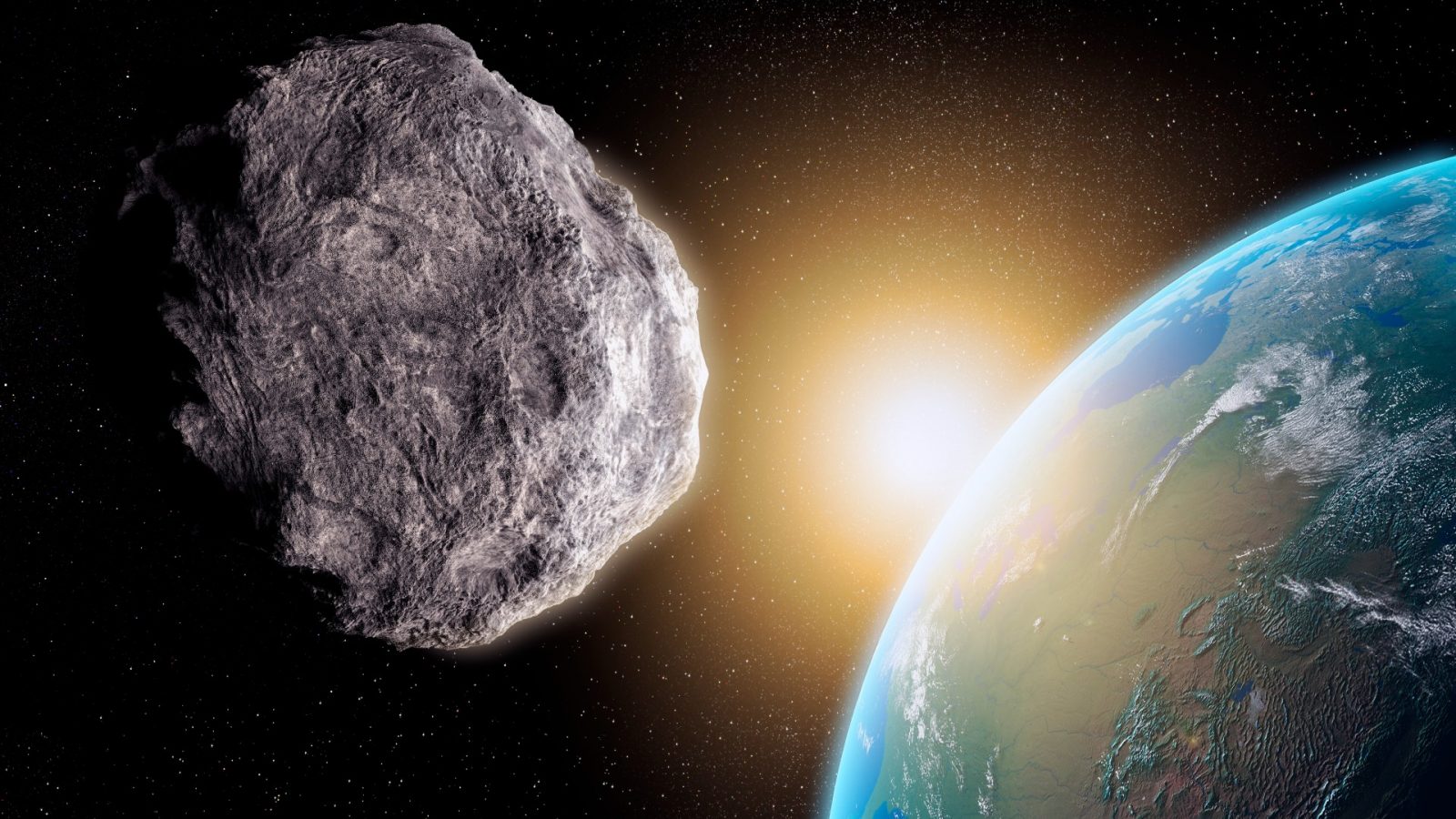
Archean Eon
Hadean Eon
Phanerozoic Eon
Proterozoic Eon


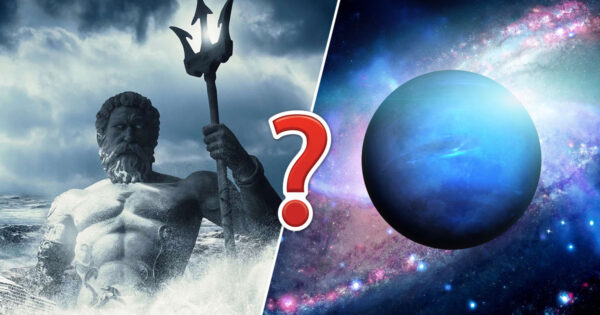
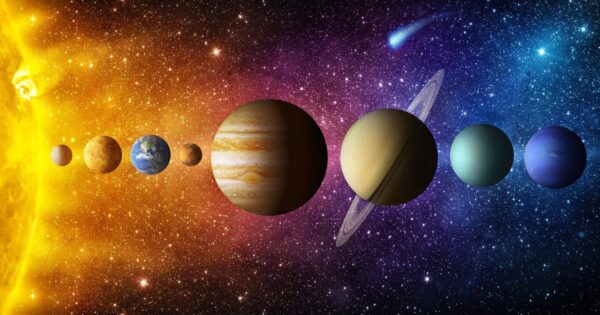
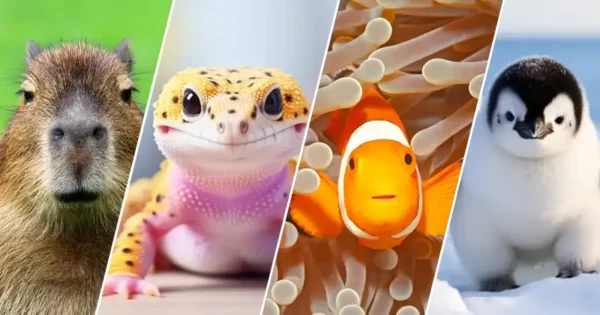
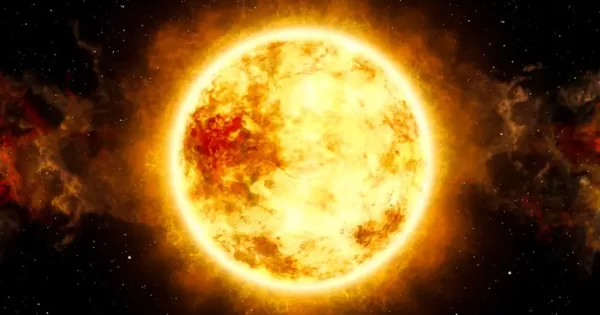

One Comment
26/26!!!!